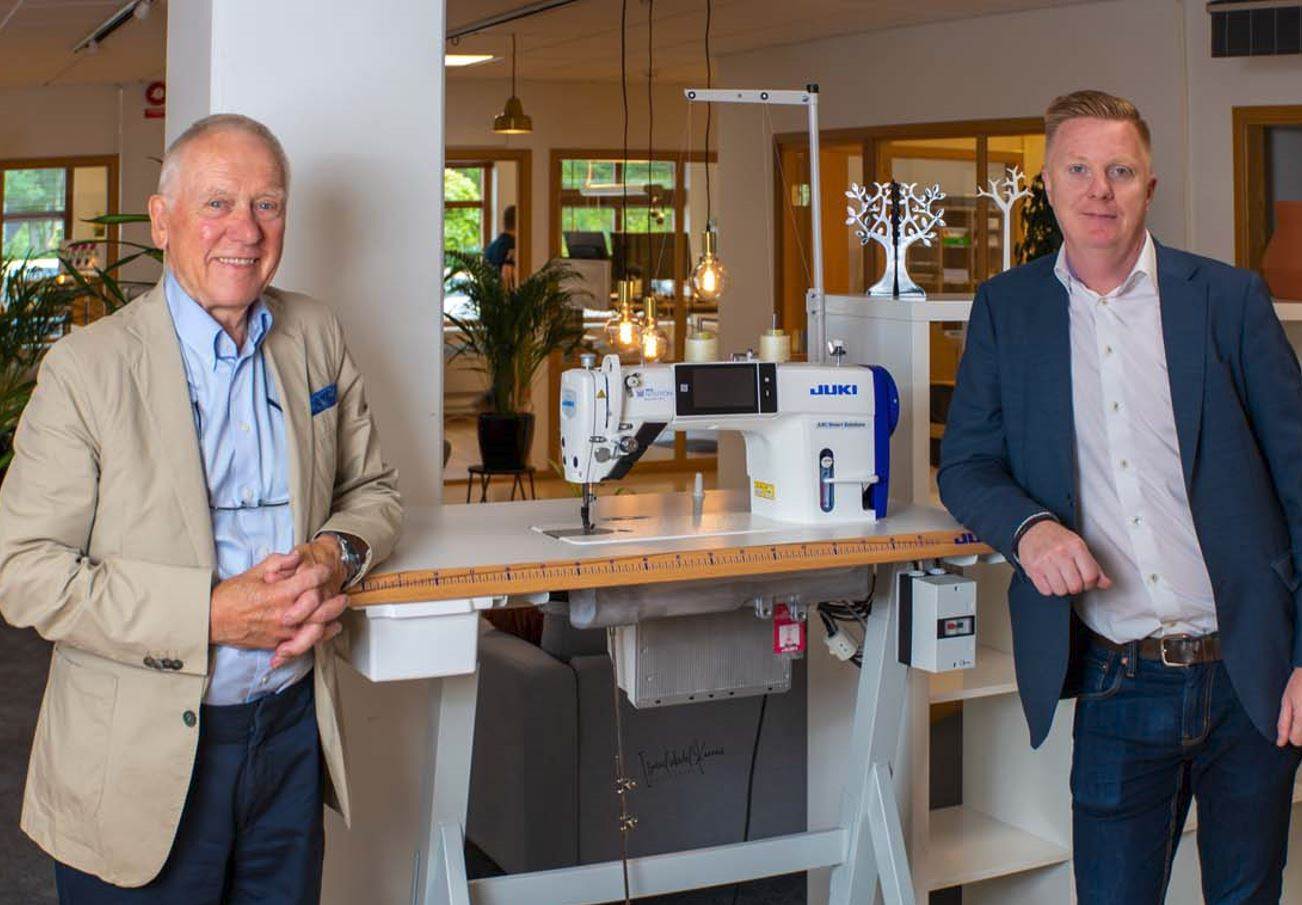Microfactory trend creates opportunities along supply chain
17/08/2021

Thomas Arvidsson, CEO of ACG Nyström, part of the ACG Group, said these small factories cut transportation costs and the associated logistics problems.
He said: “Everything is now about digitalisation and automation and we’re well placed to assist in this industry transition. We are already shipping the technology for a number of such microfactories and we are expecting a record year as a consequence.”
ACG Nyström supplies CAD/CAM solutions for product development, technical design and cutting as well as sewing, embroidery and textile printing. “Our knowledge of technical production systems and processes, built up over many years of close collaboration with our customers, has given us a unique role as the link between the world’s leading machine manufacturers and our customers in the important garment assembly business,” added Mr Arvidsson.
Exactly 100 years ago, on August 17 1921, Carl Axel Gustafsson returned from the US to Sweden with a significant agency agreement from the Boston-based sewing machine leader Reece. At the time, Reece, along with its competitor Singer, dominated the buttonhole machine market and were the world’s only manufacturers of these machines for jackets, trousers and coats.
Gustafsson’s licence enabled his new company, A C Gustafsson, to become one of Europe’s first leasing organisations, hiring out Reece buttonhole machines and receiving payment per sewn buttonhole stitch. This business thrived for many decades and formed the basis for the ACG Group as it exists today.
Group owner Reimar Westerlind, who bought the business in the 1960s, at the age of 92 still travels to his office every day to oversee the operations of the companies now operating under the ACG umbrella.
Although textiles remain the bedrock of the business, under Reimar Westerlind’s management, ACG Group has branched out into many other fields of activity over the past 60 years, and its diversity has also led to some highly unexpected developments.
The group, for example, owns the patent to the digital dental X-ray technology that is now standard in dental practices around the world, having identified a need and set its technologists and software developers onto developing a solution. Similarly, it holds a patent on the LED-based Exit signs now employed throughout public buildings, as well having developed the standard software and hardware for the RFID tagging and automatic transportation of hospital garments.
“For me, the textile industry has been my kindergarten and ACG Group is now full of young people with great ideas who enjoy their jobs too,” said Reimar Westerlind. “We always develop our own software in-house, as well as the technologies, which can steer us in unexpected new directions, so for a small, family-owned company we are very well equipped for the next 10 years, if not the next hundred.”
Picture: ACG’s Reimar Westerlind and Thomas Arvidsson at the company’s head office in Borås, Sweden.










